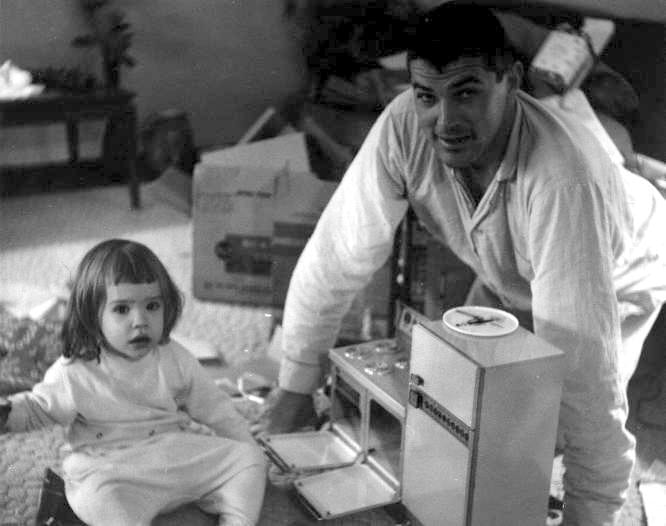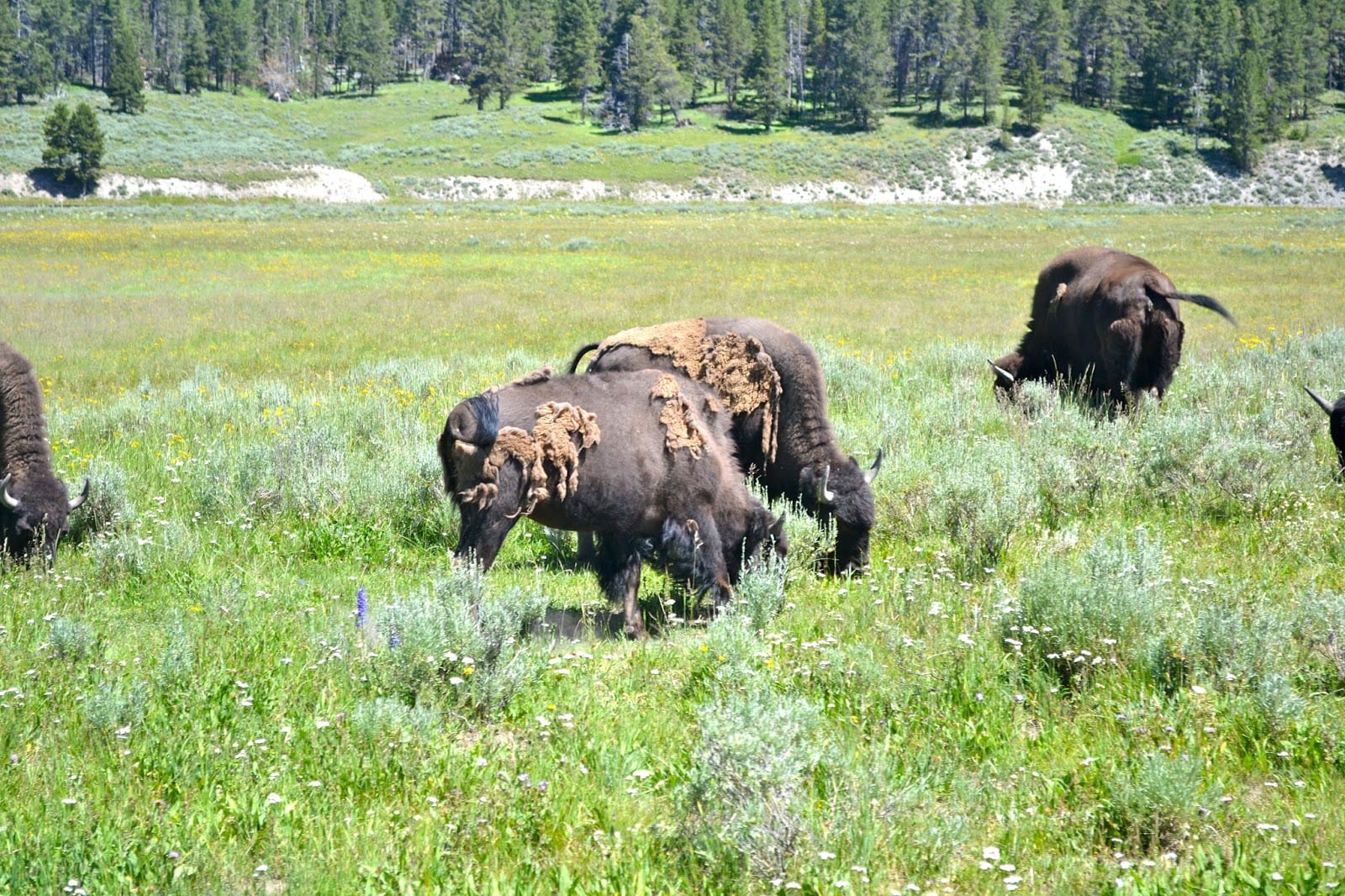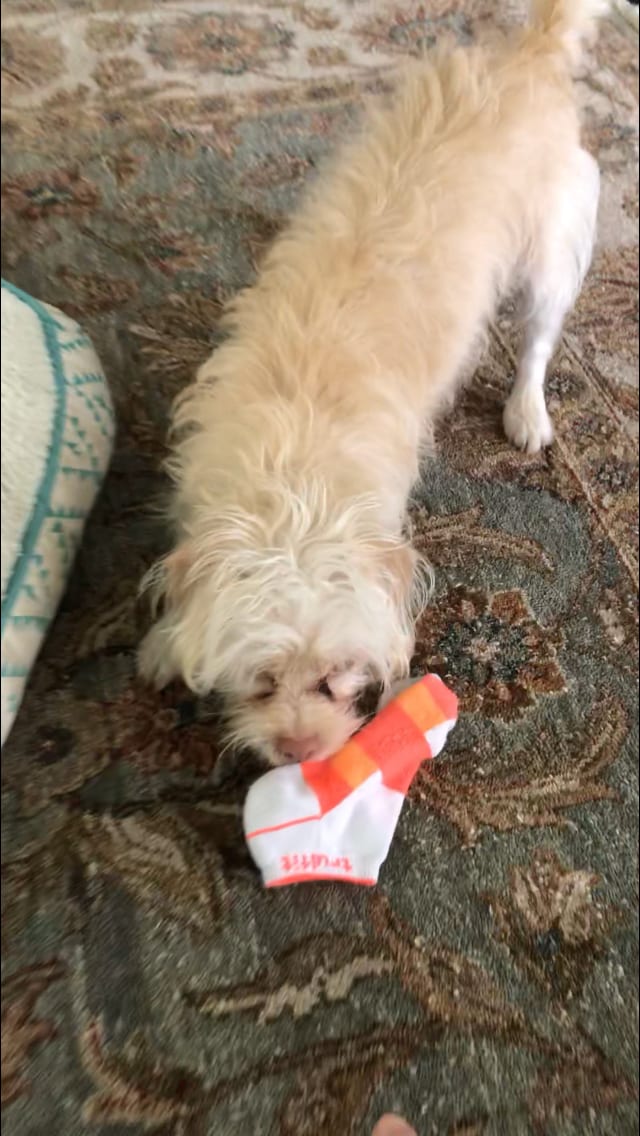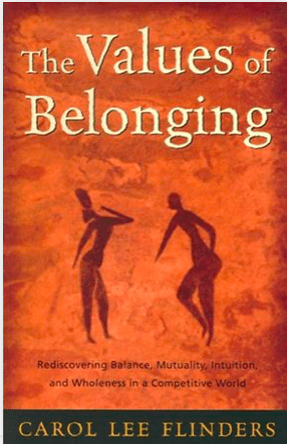Everywhere I’ve ever lived there has been at least one neighbor who is way out of the norm. They have all been unique in their own way, and now that I think about it, they’ve all been male. Hmmm.
Anyway, in this particular neighborhood, the guy who makes me raise my eyebrows doesn’t actually live here – he’s just here a lot. His 90-something-year-old father owns the house – a 100+ year-old, 4500 square foot house that has clearly been neglected for at least a decade. The owner has lived in assisted living since before I moved here five years ago, but his two sons come by to mow the lawn and do the bare minimum to maintain the house until their dad passes and they can sell it for a million bucks (I’m not exaggerating – this is the Seattle housing market. You can sell your dilapidated, likely tear-down home for $1M + in my neighborhood. Thanks (?) Amazon). But, I digress.
The son who is here several times a week has been dubbed “no-pants neighbor-man” because, depending on the season, he either wears shorts or sweatpants with the side and/or back seams completely split open. And when he bends over to pull weeds or wind the hose back up, he reveals his personal preference for not wearing any underwear. At all. Even in the winter when the breeze must surely remind him that HIS BACKSIDE IS COMPLETELY UNCOVERED AND REVEALING ALL OF HIS ANATOMY DOWN THERE TO EVERYONE WHO IS WITHIN SIGHT LINES OF IT.
Did I mention that this house happens to be less than a block away from an all-girls Catholic high school? The students park along the side streets in the area and walk to school and this guy is a legend. To a girl, every single one of them crosses the street before they have to walk on the sidewalk in front of the house because they all know about this quirk of his.
He seems harmless. He never calls out to anyone or seems to purposely bend over and display himself to anyone – it just happens as he’s working in the yard. He has had some prolonged projects in the yard and on the front porch and occasionally sleeps in the house. Every once in a while, I walk the dogs and simply can’t avoid him and, except for his attire, he mostly just seems like a lonely old man who feels the need to mansplain to me why my small terrier should be a “house only” dog because when I take him outside I run the risk of having him carried off by a hawk, among other head-shaking things. (I’m not sure where he thinks my dog should relieve himself if I never let him outside, and that’s not the kind of thing I’d ever muse out loud about, anyway, because generally I’m most interested in keeping the interaction brief).
Yesterday, I was driving away from the house when he stood in front of my car and flagged me down. When I stopped and rolled down the window, my attention was first captivated by his really awful DIY dye-job, probably because I was working hard to keep my eyes averted from his scandalous shorts that came nowhere near covering what they should have. The hair he has is perhaps 2″ long, and it starts just about 2″ above his ears. The top of his head would be perfect for a comb-over if he decided to go that route. But so far, he hasn’t, and so the top 1/2″ of his hair is lily-white while the rest is some shiny black, from a box look. Because I was so absorbed in wondering how often he dyes his hair and how he does it, I missed the first part of what he was saying, but my attention snapped back to his words when he uttered, “…he’s a homeless.”
A homeless.
No, I thought, he’s a person. A human.
I finally realized that the neighbor was warning me that he had just discovered a sleeping bag and some clothing in the backyard of his dad’s house and when he went to throw them in the garbage, he ran in to the owner of the items who seemed to be high or really struggling with reality. Of course, he didn’t use those terms, and the terms he did use just made me tired and sad.
I endured the next five minutes of the rant/warning/educational seminar on how “the homeless work,” cringing inwardly. I admit to having a moment of concern, wondering whether this person who had been summarily kicked out of my neighbor’s backyard would seek refuge in mine, but mostly I just felt ill. Every reference to this young man was couched in language that was designed to set him apart, dehumanize him, set up a dynamic that puts us as neighbors on one side and “vagrants,” “derelicts,” “homeless” on the other. In the end, I nodded my thanks for the warning, rolled up the window, and drove on.
I have often wondered how this neighbor came to be in the position he is in – unable to convince his elderly father to sell his house but responsible for taking care of it, lonely and a little out of touch with social norms. I have worked to have compassion for him and also talked to Eve and Lola about how to graciously and cautiously interact with him if he speaks to them. I have, a time or two, laughed about him with Bubba or another neighbor, and I will admit that I wish I hadn’t. I know that making fun of someone is a step on the road to dehumanizing them and I’m sad that it took his dehumanization of a homeless person to remind me of that.
It is perfectly natural to have a fear-based reaction when you discover something like my neighbor did. I can’t honestly say that I’d have been able to keep my wits about me if I walked into my backyard to find someone sleeping back there. I would certainly have ordered him out and perhaps called the police. I struggle with the line between knowing that everyone deserves compassion and respect and protecting myself from potential harm. On the one hand, I know that what the young man likely needs most is resources to help him, and on the other hand, if he was under the influence of some sort of drug, I can’t predict what he would do if I let him stay so that I could call someone to help him.
I know that I will continue to struggle with these kinds of situations, with how to put my beliefs into action. One thing I have gotten significantly better at, though, is recognizing my own tendencies to see certain people as ‘other’ and resist them. Whatever he has done or experienced, wherever he sleeps, this young man is not “a homeless.” He is a human being.








